When it comes to choosing valves for pipeline installations, understanding the differences between materials is crucial. In this SEO article, we will explore the disparities between brass valves and other materials, focusing on their unique properties and advantages. Let’s delve into why brass valve stand out in comparison.

Valves Corrosion Resistance
Brass valve are renowned for their exceptional corrosion resistance. Unlike steel valve that may rust over time, brass valve remain intact, ensuring longevity and reliability. This resistance to corrosion makes brass valve suitable for various applications, especially in environments with moisture or corrosive substances.
Malleability and Ease of Installation
One significant advantage of brass valve is their malleability. This property allows for easy fabrication, customization, and intricate designs, making them a preferred choice for pipeline fitting manufacturers. Installers also benefit from the ease of installation provided by brass valve, reducing time and effort during the pipeline assembly process.
Valves Heat Tolerance and Pressure Capabilities
Brass valve exhibit excellent heat resistance, which is vital in industries where high temperatures are common. They can withstand extreme conditions without compromising their performance. Additionally, brass valves boast high-pressure capabilities, ensuring durability and safety in high-pressure pipelines.
Cost-Effectiveness and Longevity
Brass valve offer a cost-effective solution for pipeline installations. While initially, they may have a higher upfront cost compared to some other materials, their long lifespan compensates for the investment. The durability and low maintenance requirements of brass valves translate into reduced repair or replacement costs over time.
Versatility and Applications
The versatility of brass valves sets them apart from other materials. They find extensive applications across industries such as plumbing, HVAC, oil and gas, water treatment, and more. Whether it’s controlling flow, regulating pressure, or directing fluids, brass valves offer reliable performance in diverse scenarios.
Conclusion
brass valves possess unique characteristics that differentiate them from other materials commonly used for valves. Their corrosion resistance, malleability, heat tolerance, pressure capabilities, cost-effectiveness, and versatility make them stand out as the preferred choice in the industry. Whether you are a pipeline installer, fitting manufacturer, or sales professional, understanding the advantages of brass valves is essential for delivering high-quality solutions to clients.
If you have read this article and have any questions, please feel free to contact IFAN. Below is our contact information:
Whatsapp:+86 13373827623
Email:[email protected]

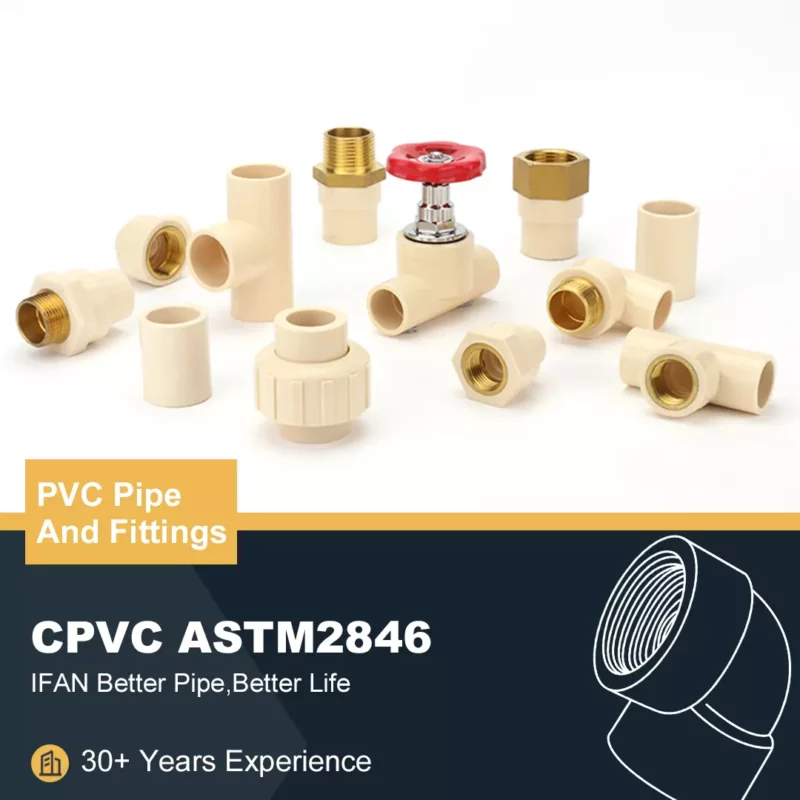
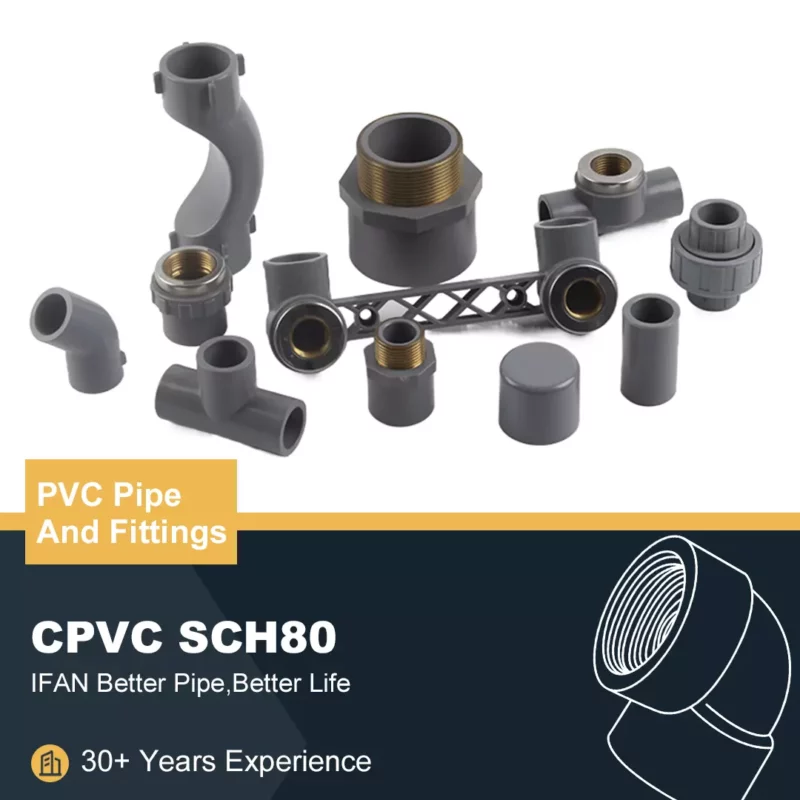
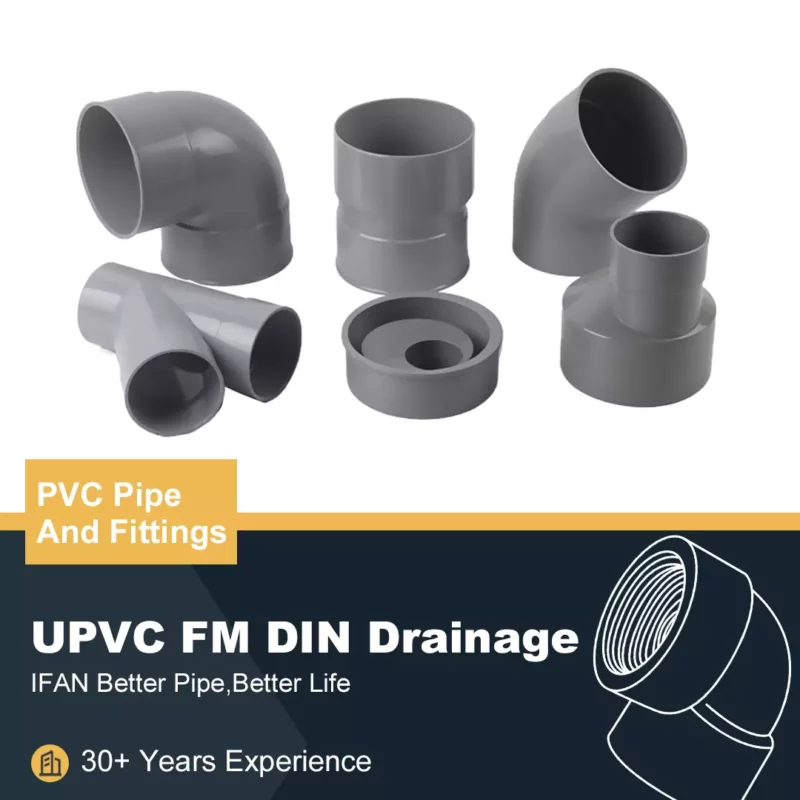
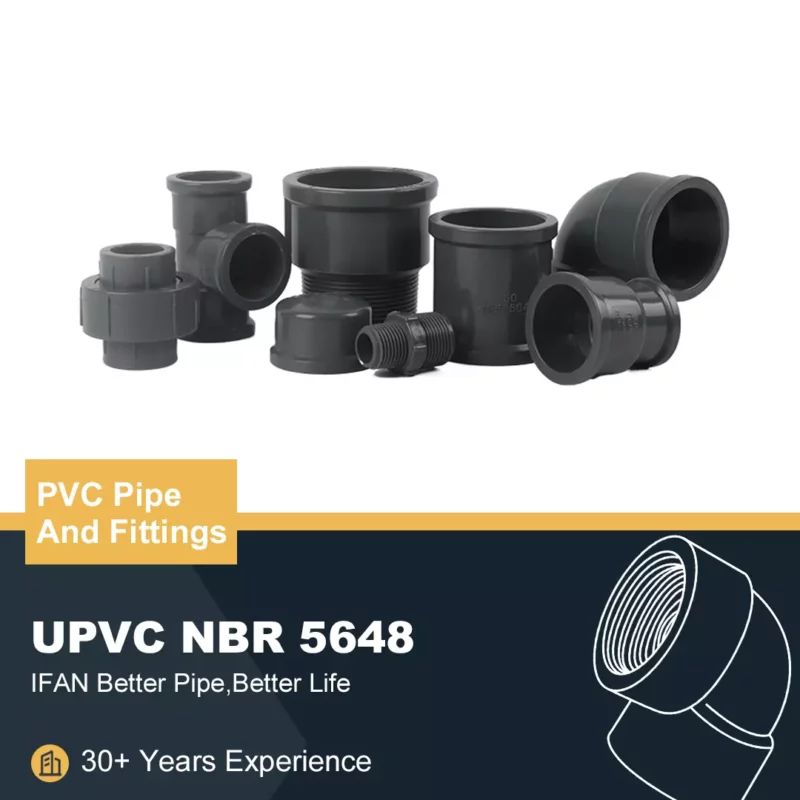
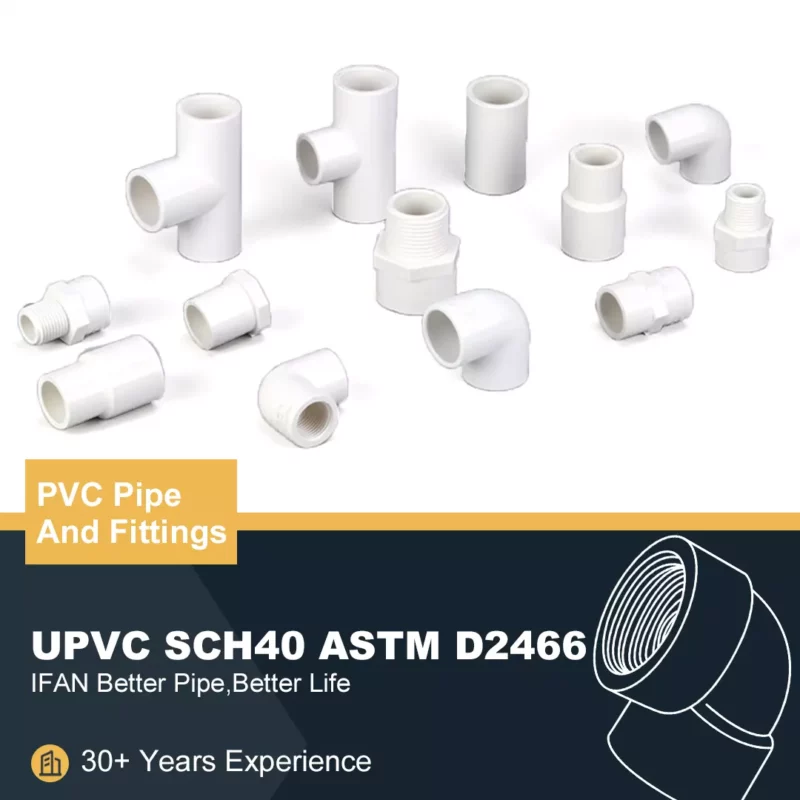
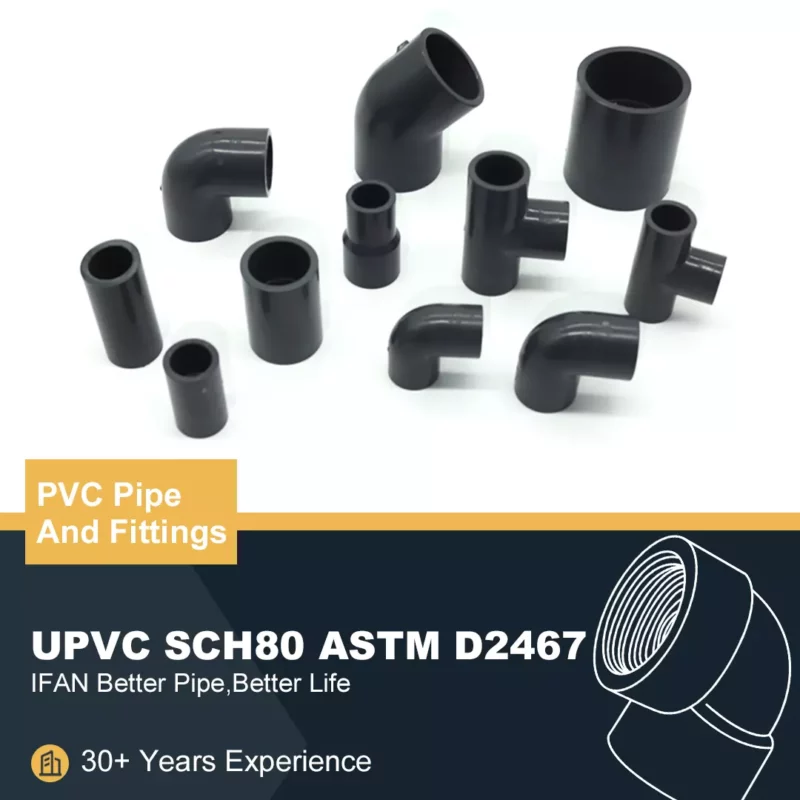
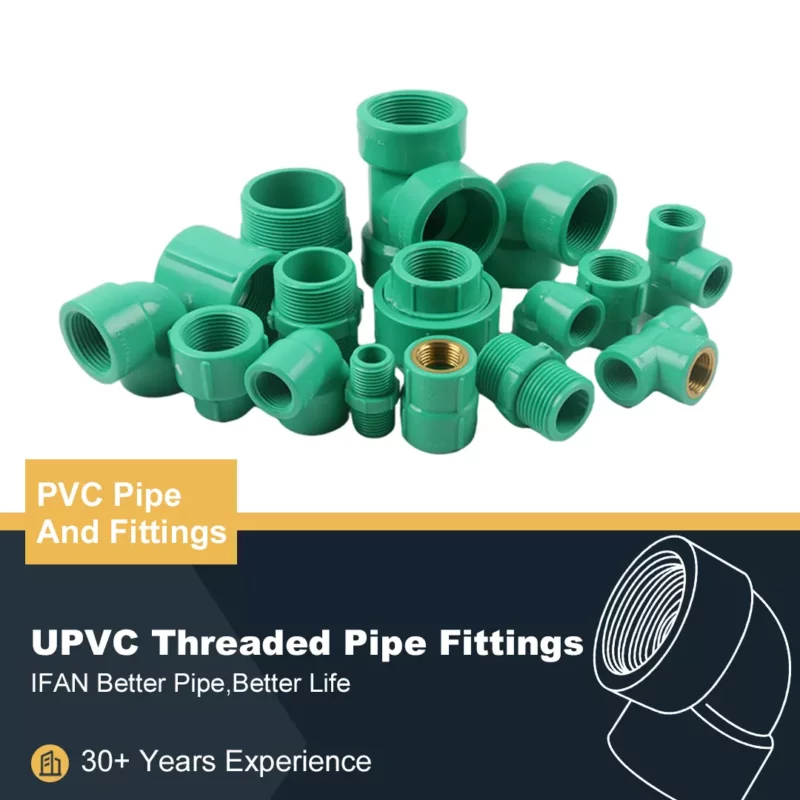
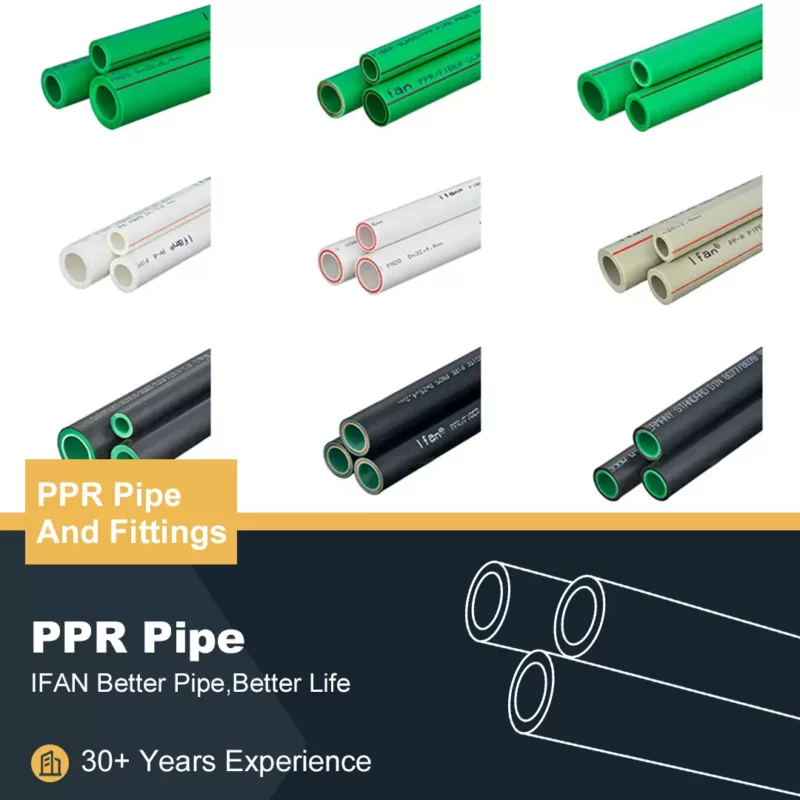
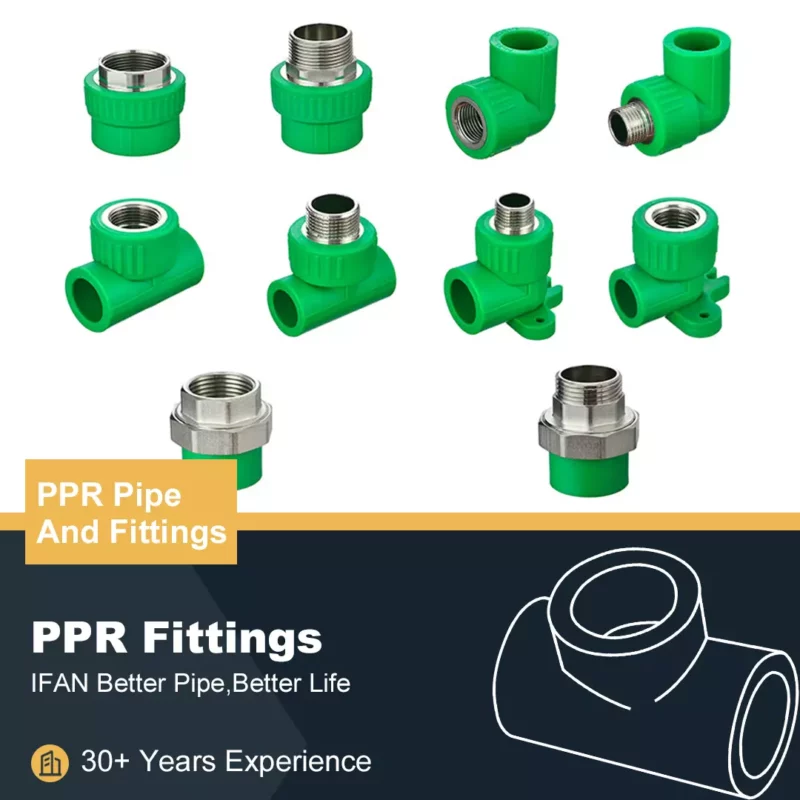
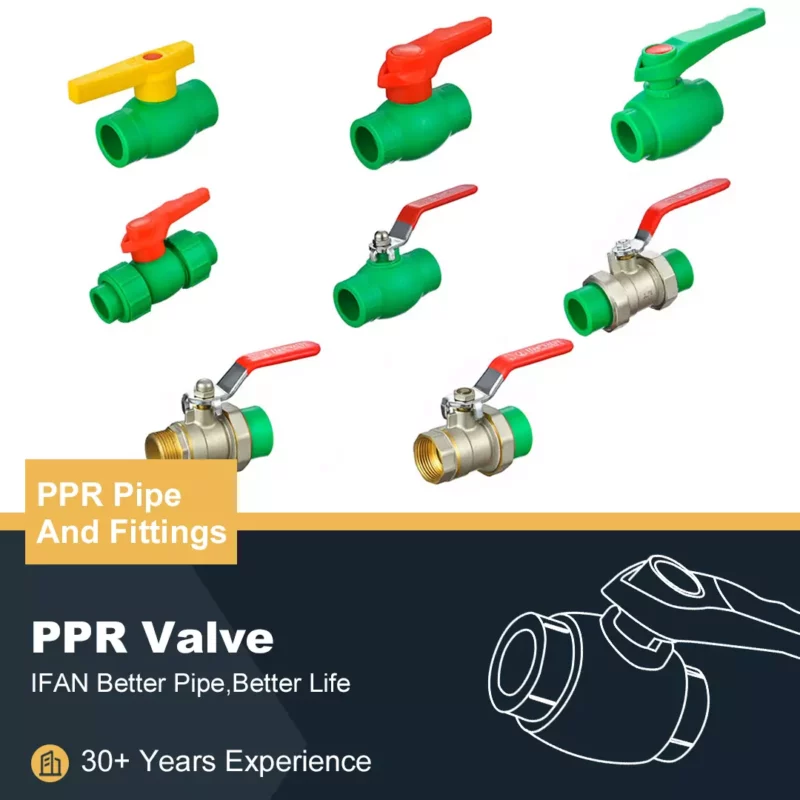
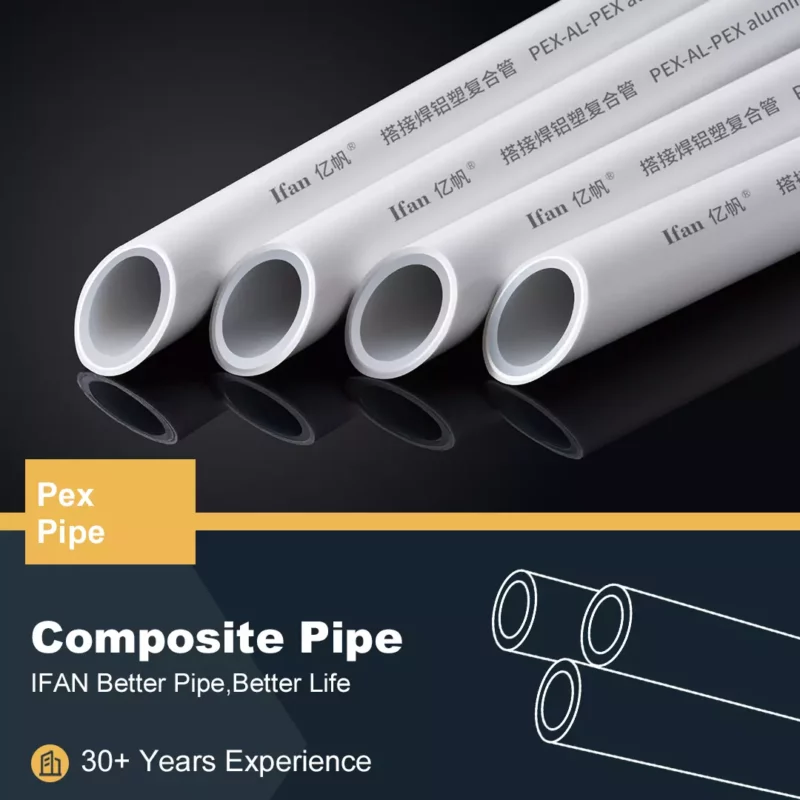
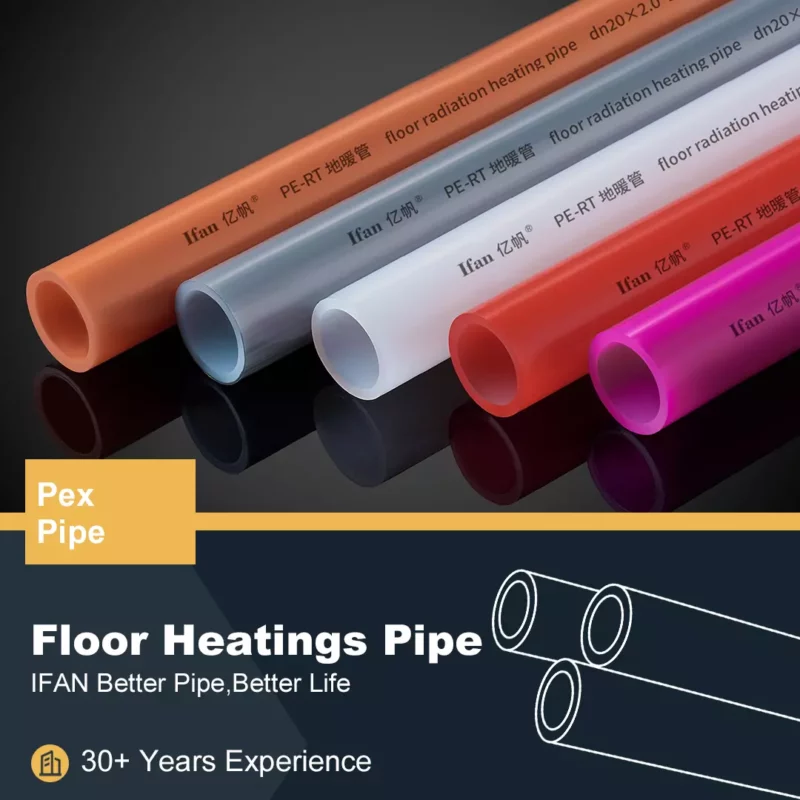
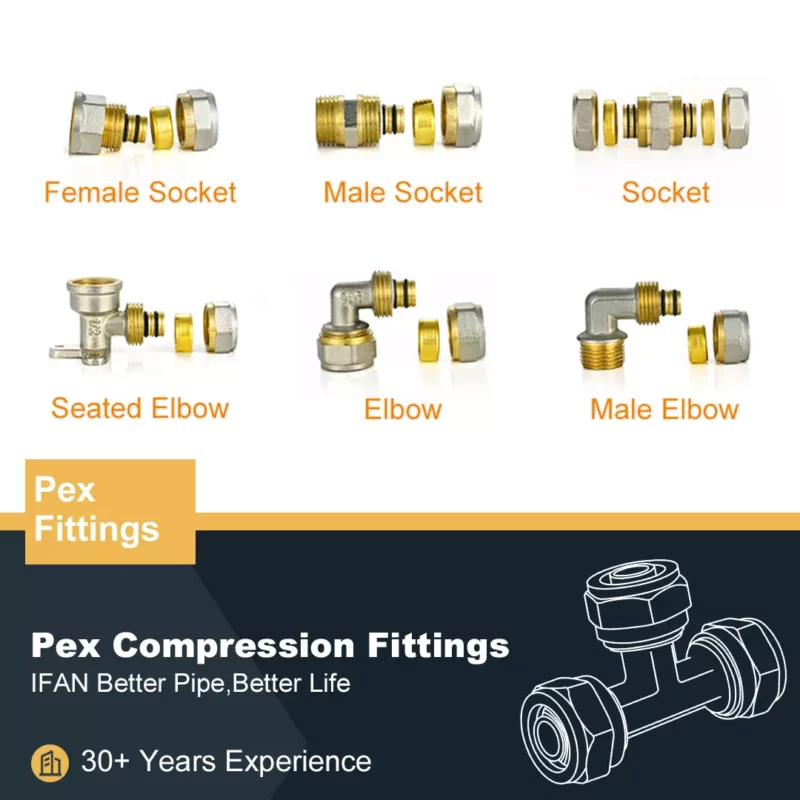
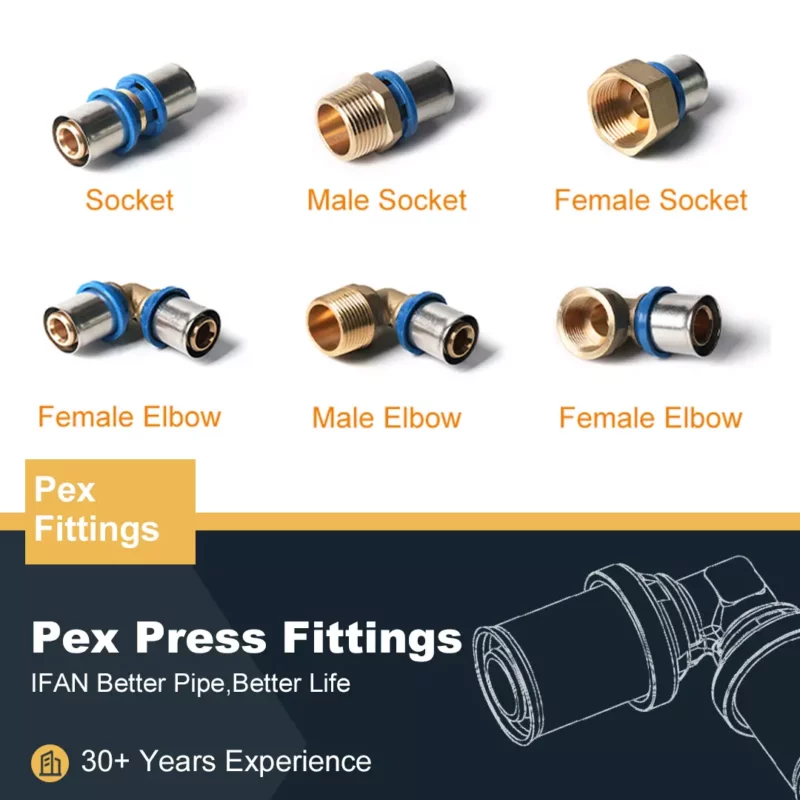
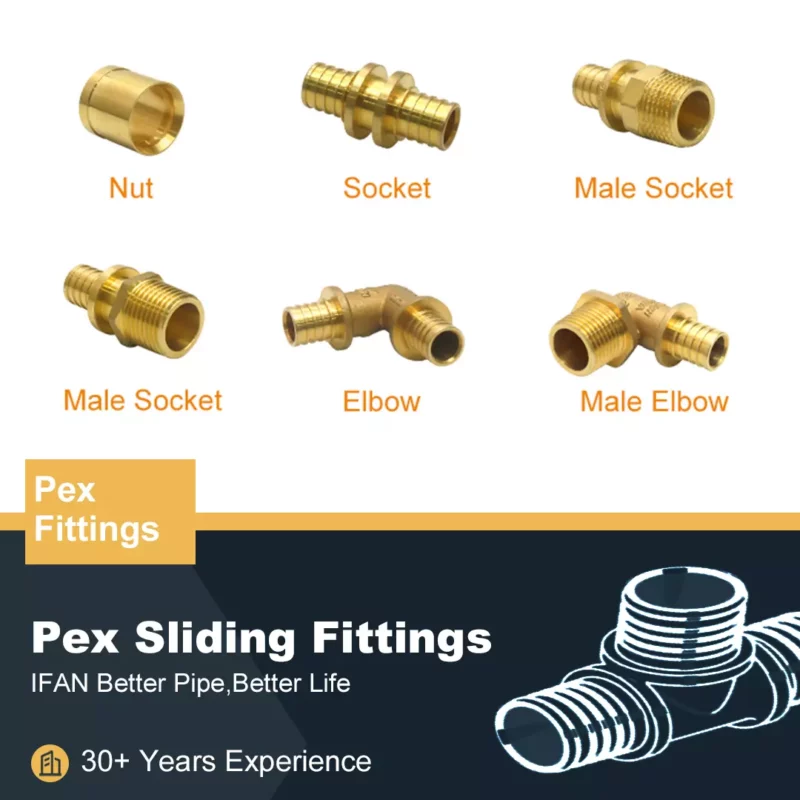
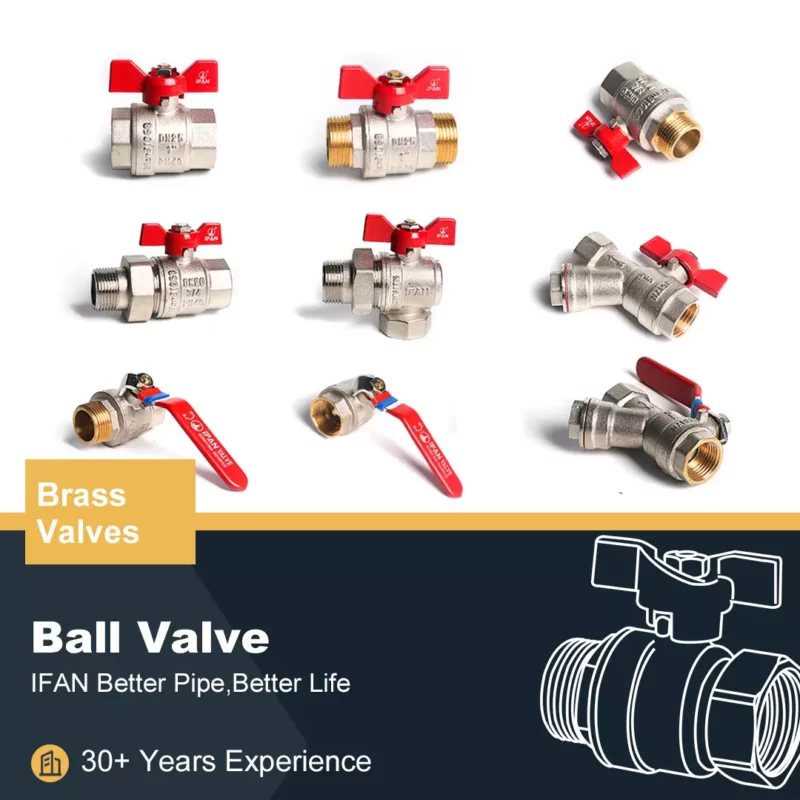
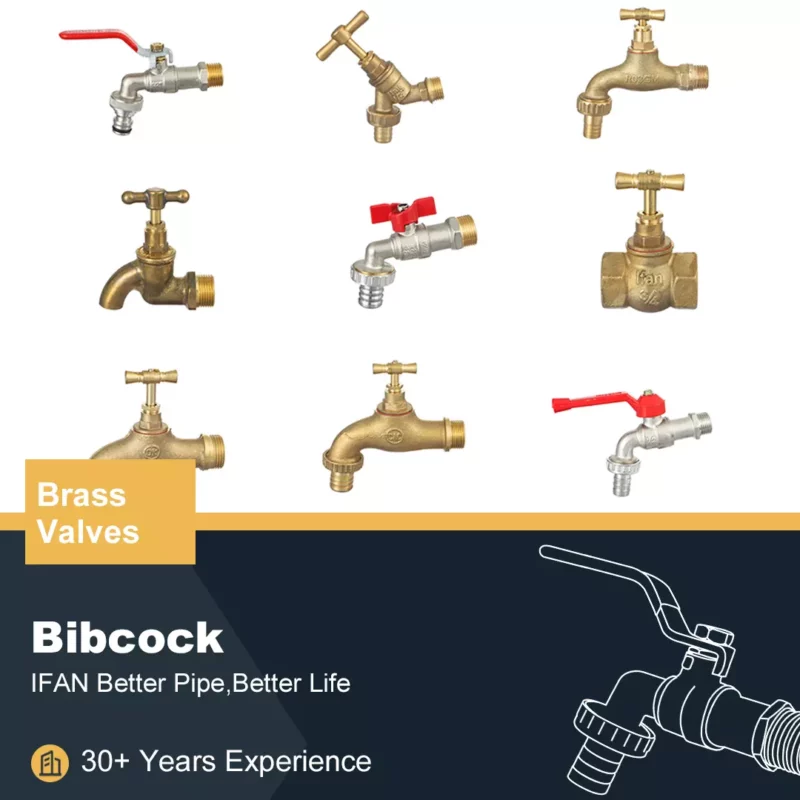
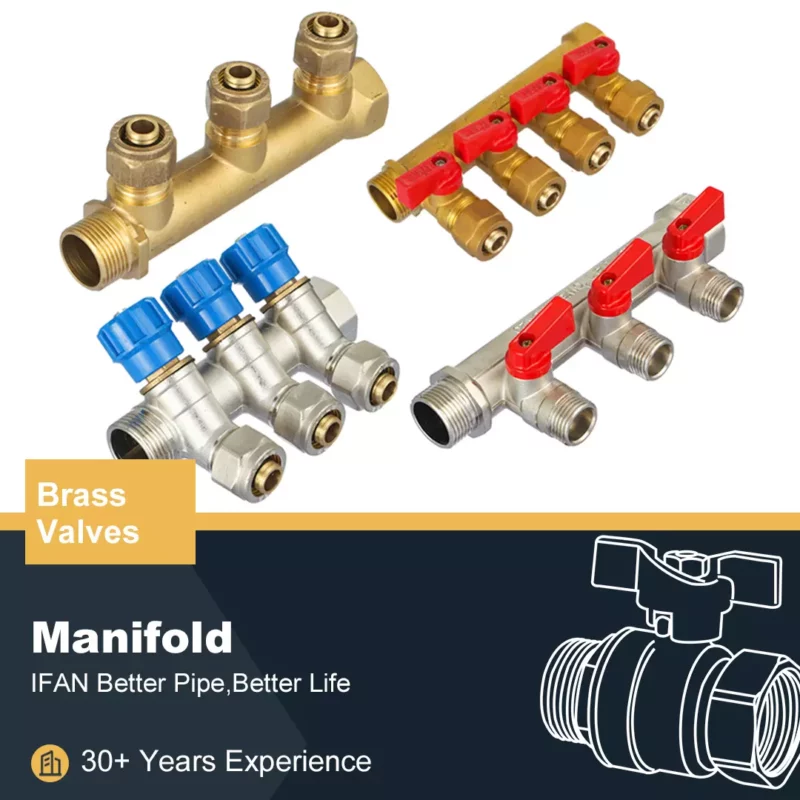
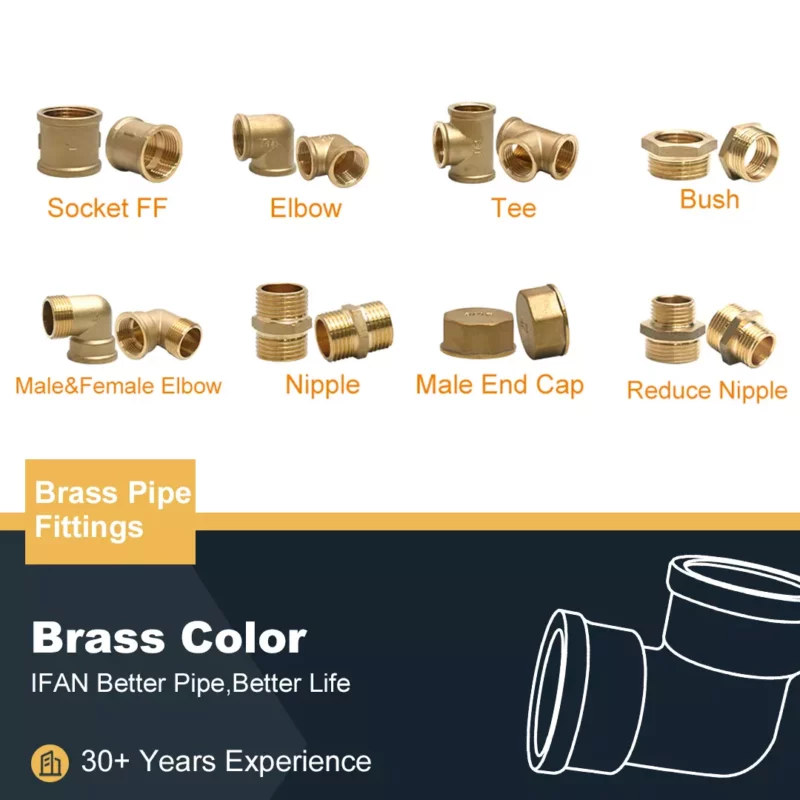
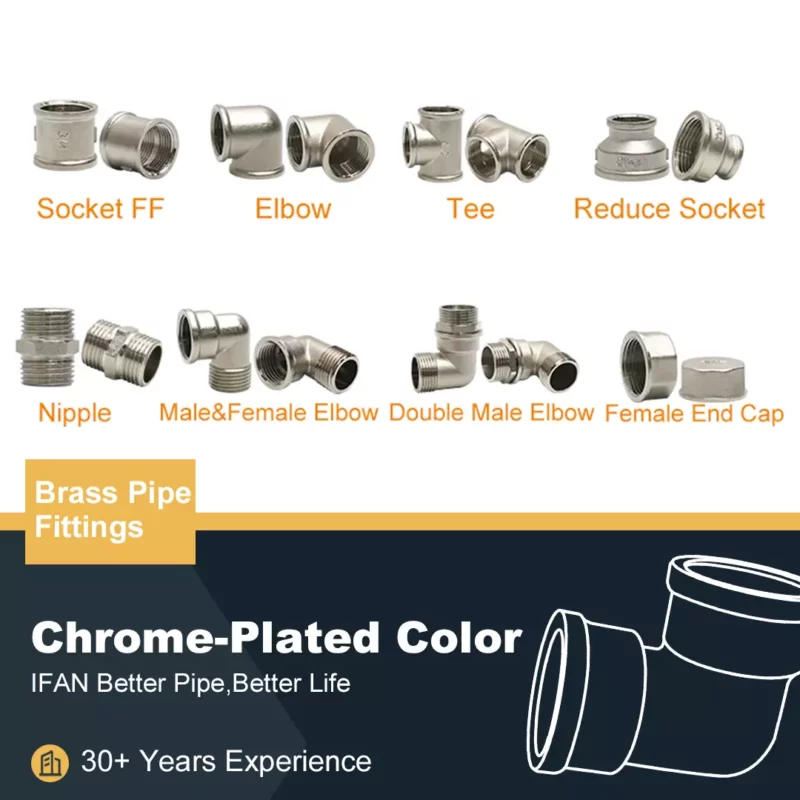
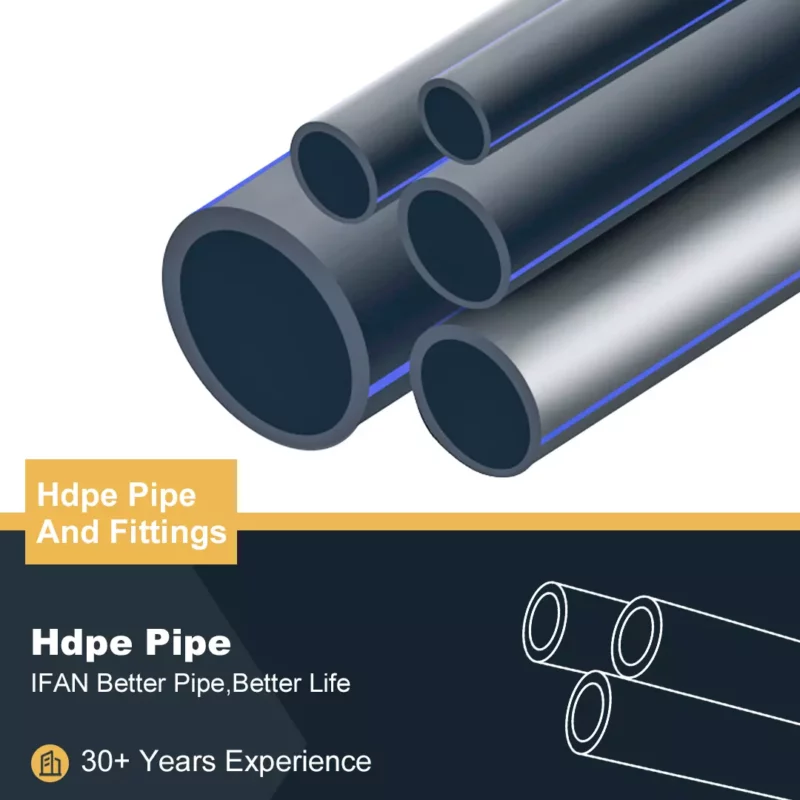
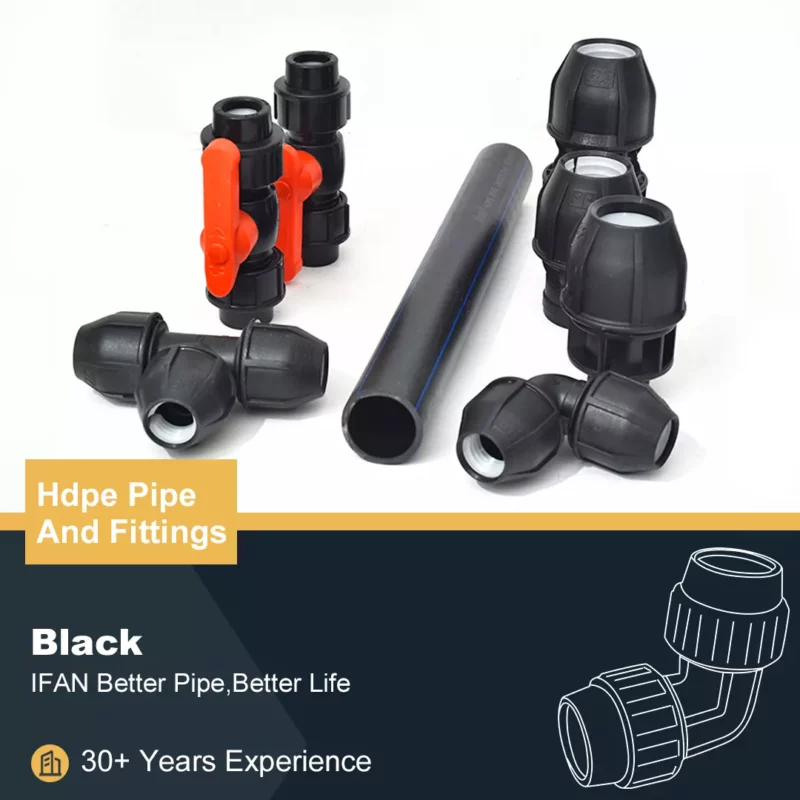
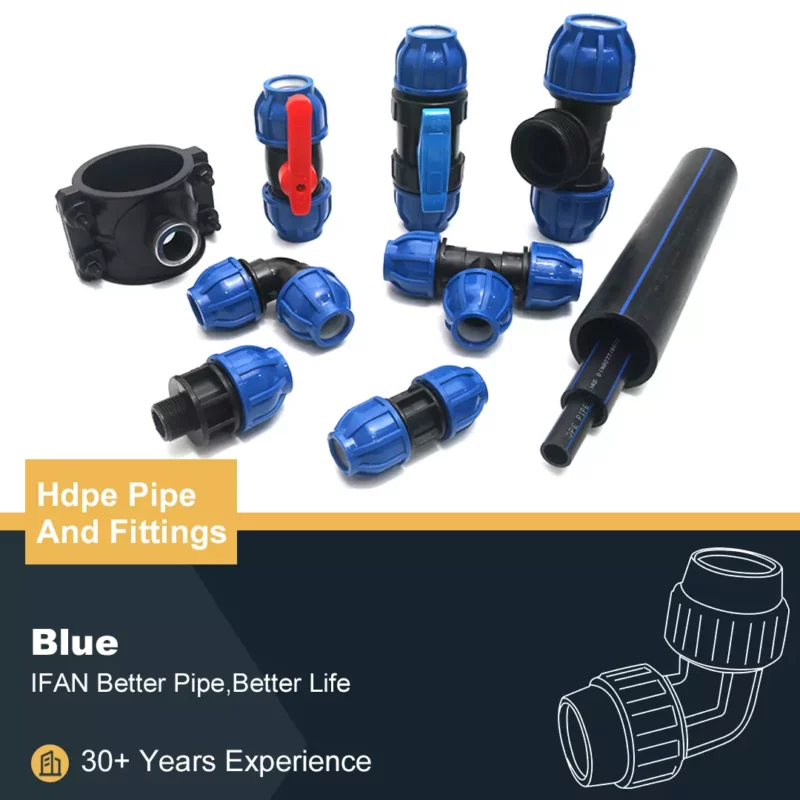
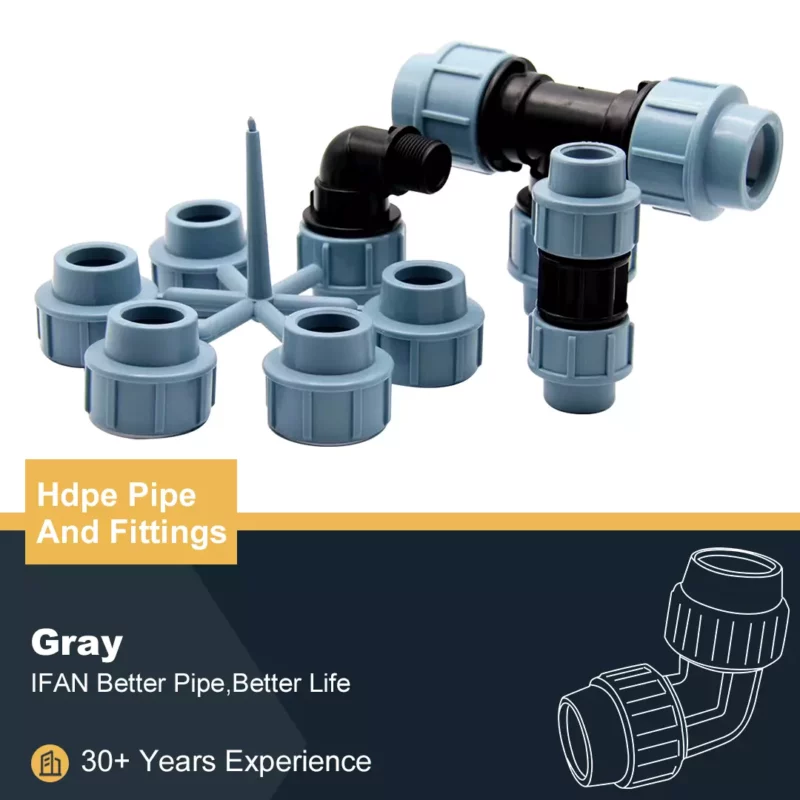
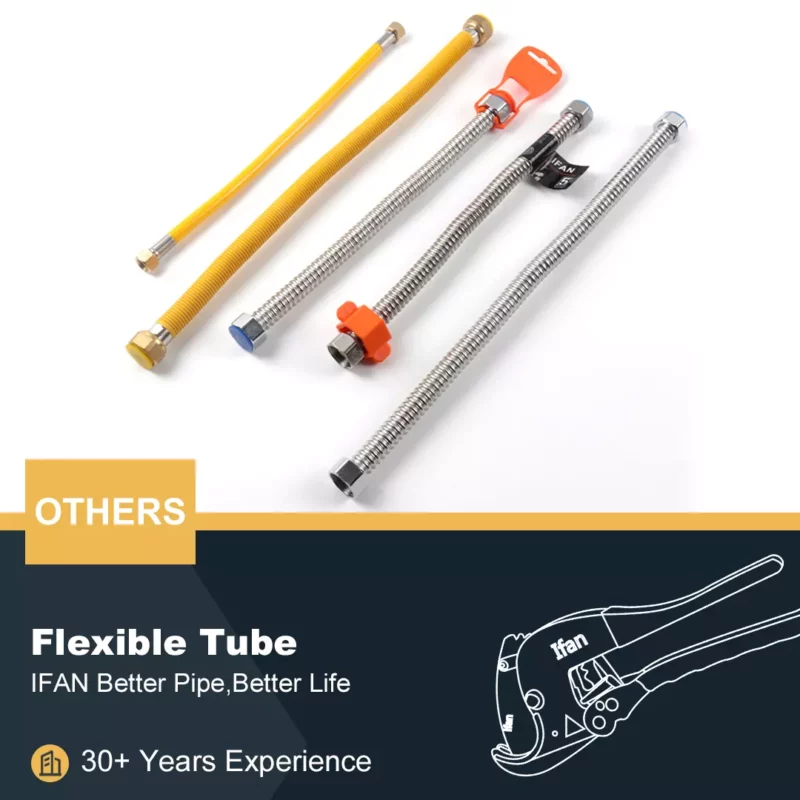
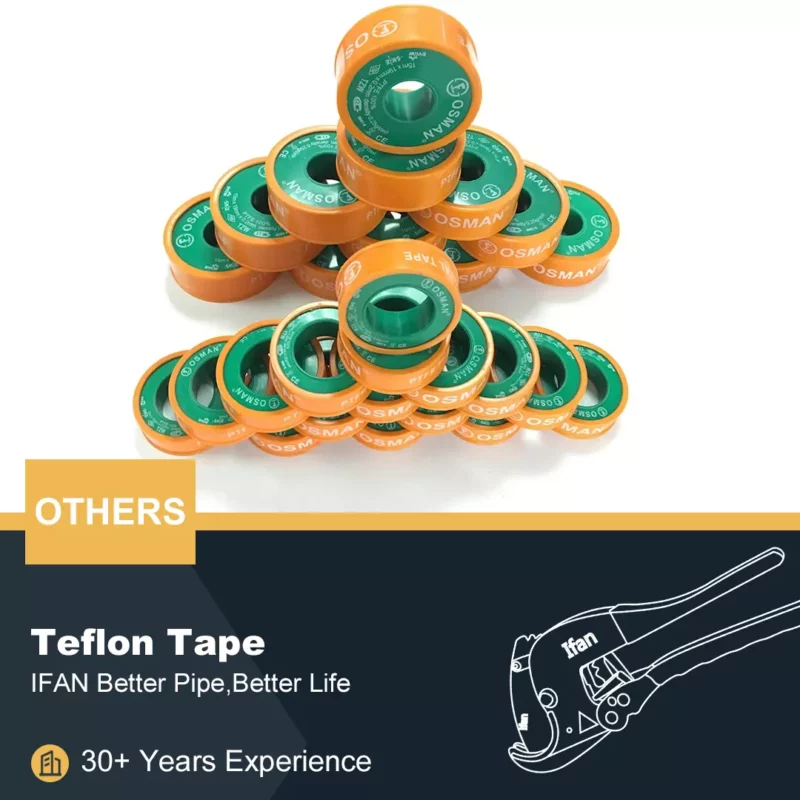
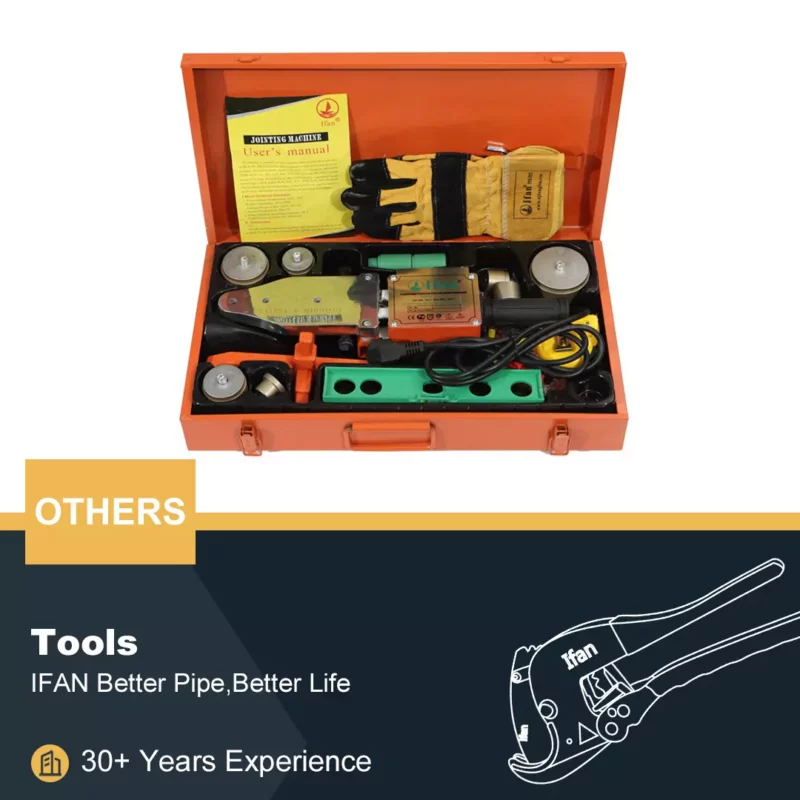







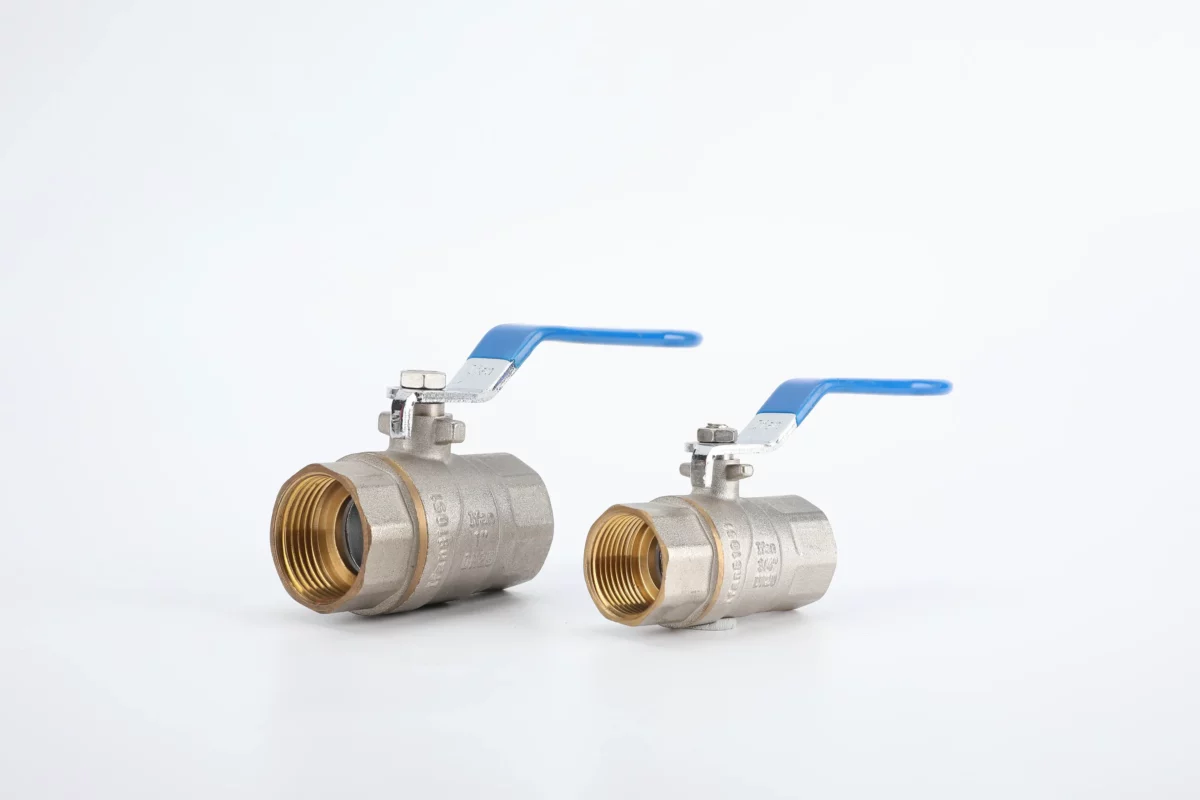
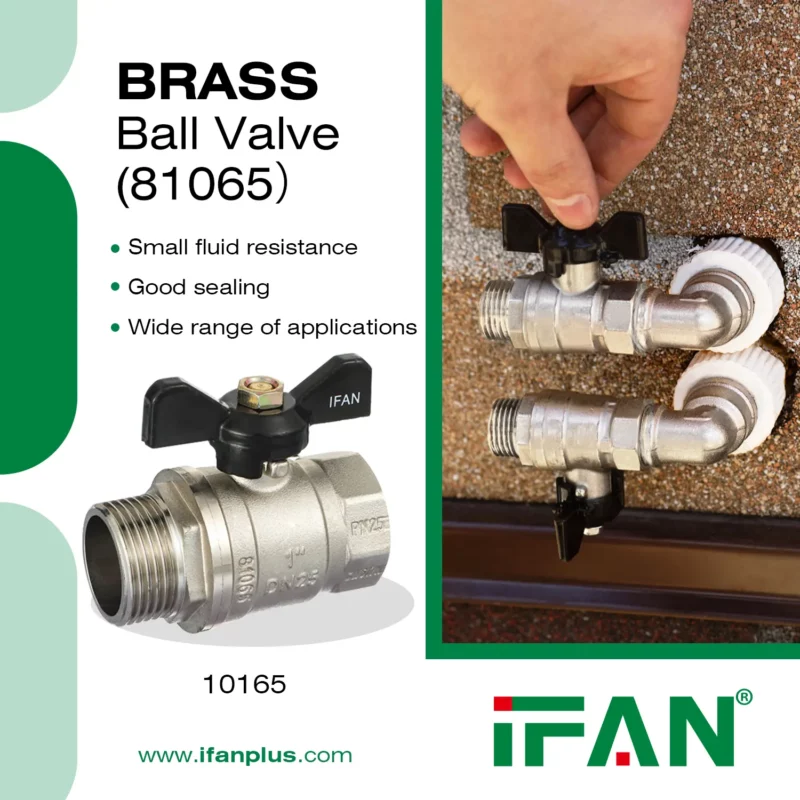


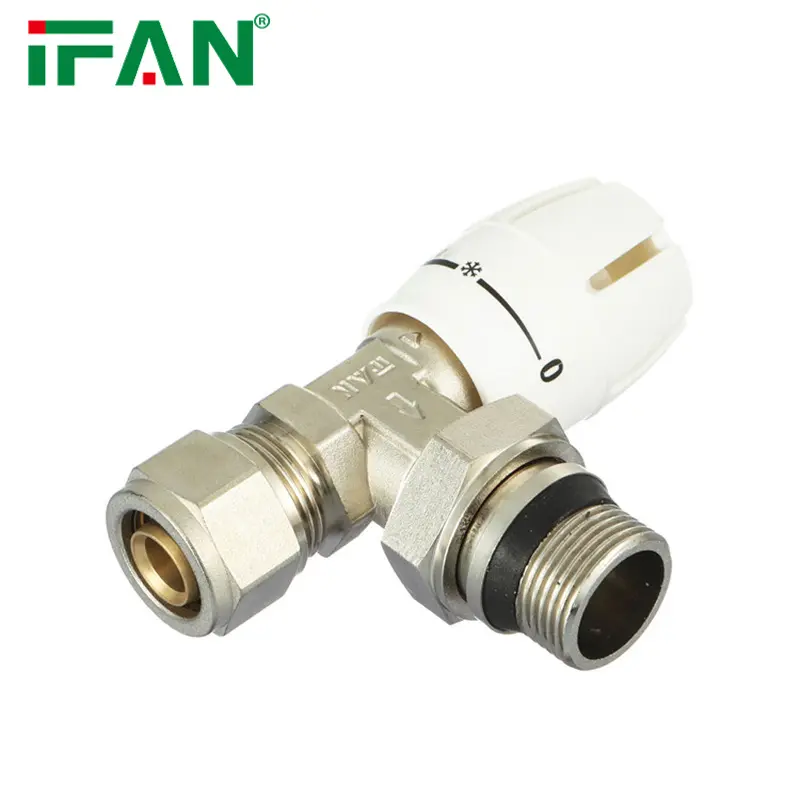
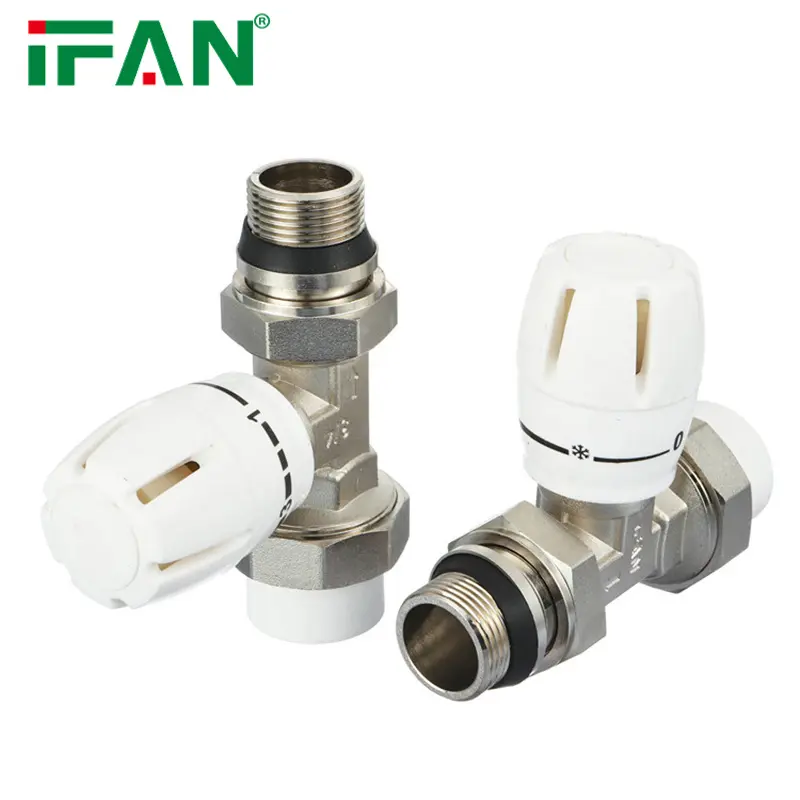



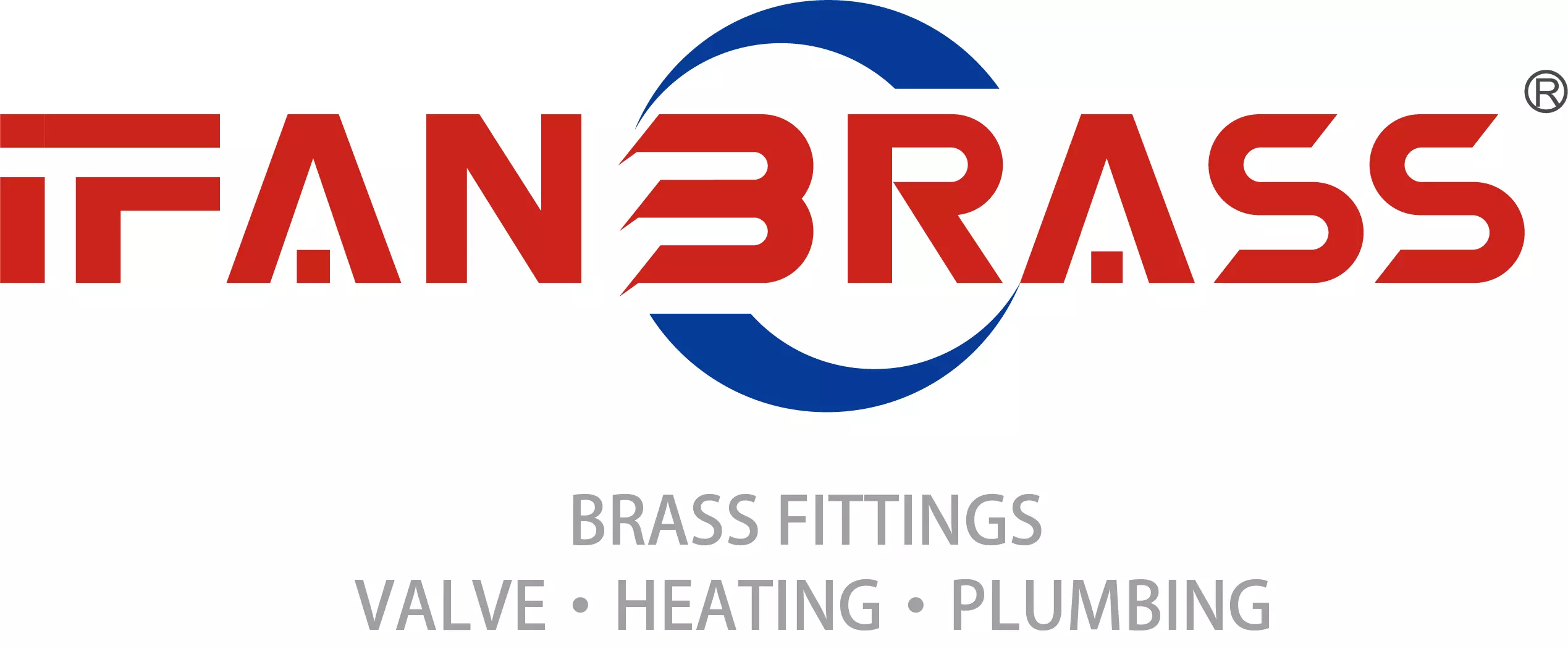






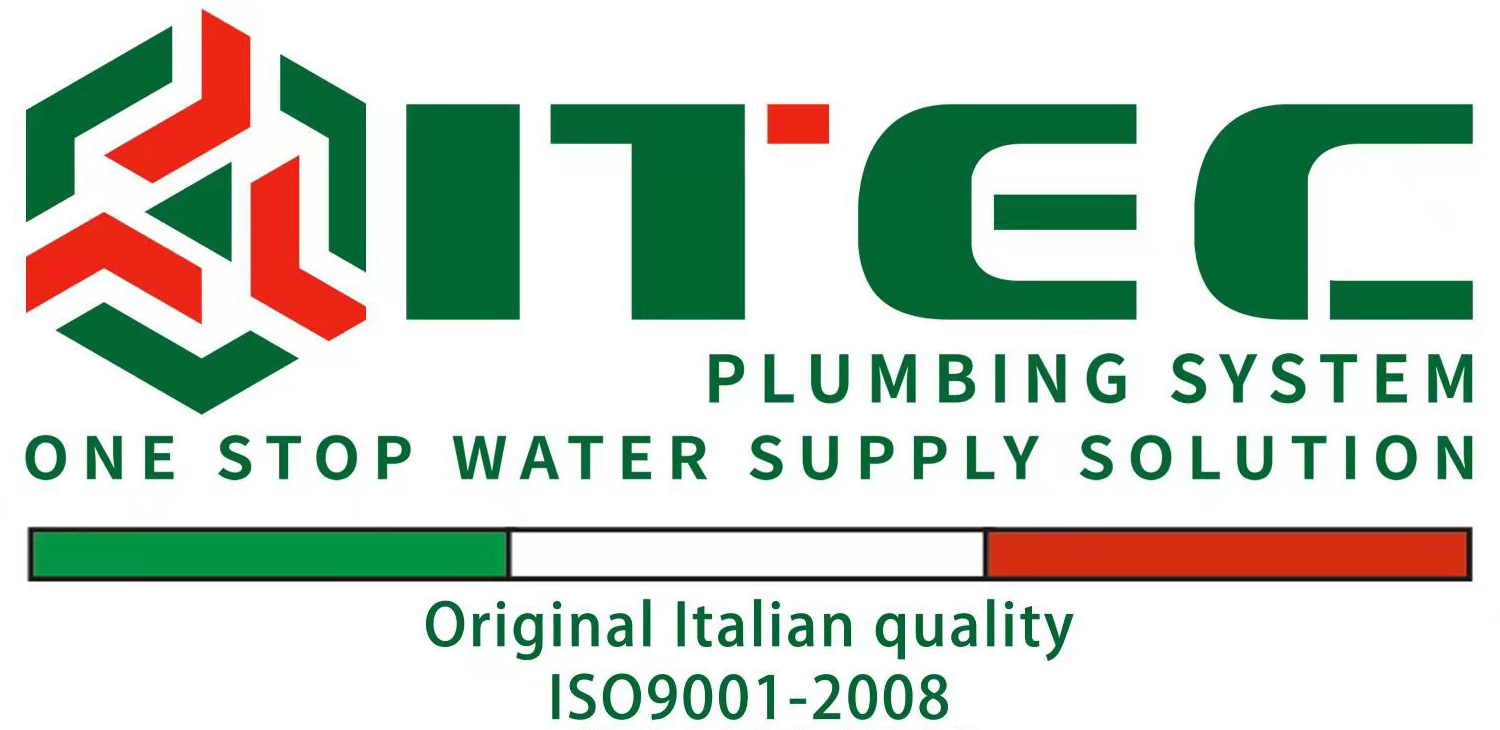

Insightful piece